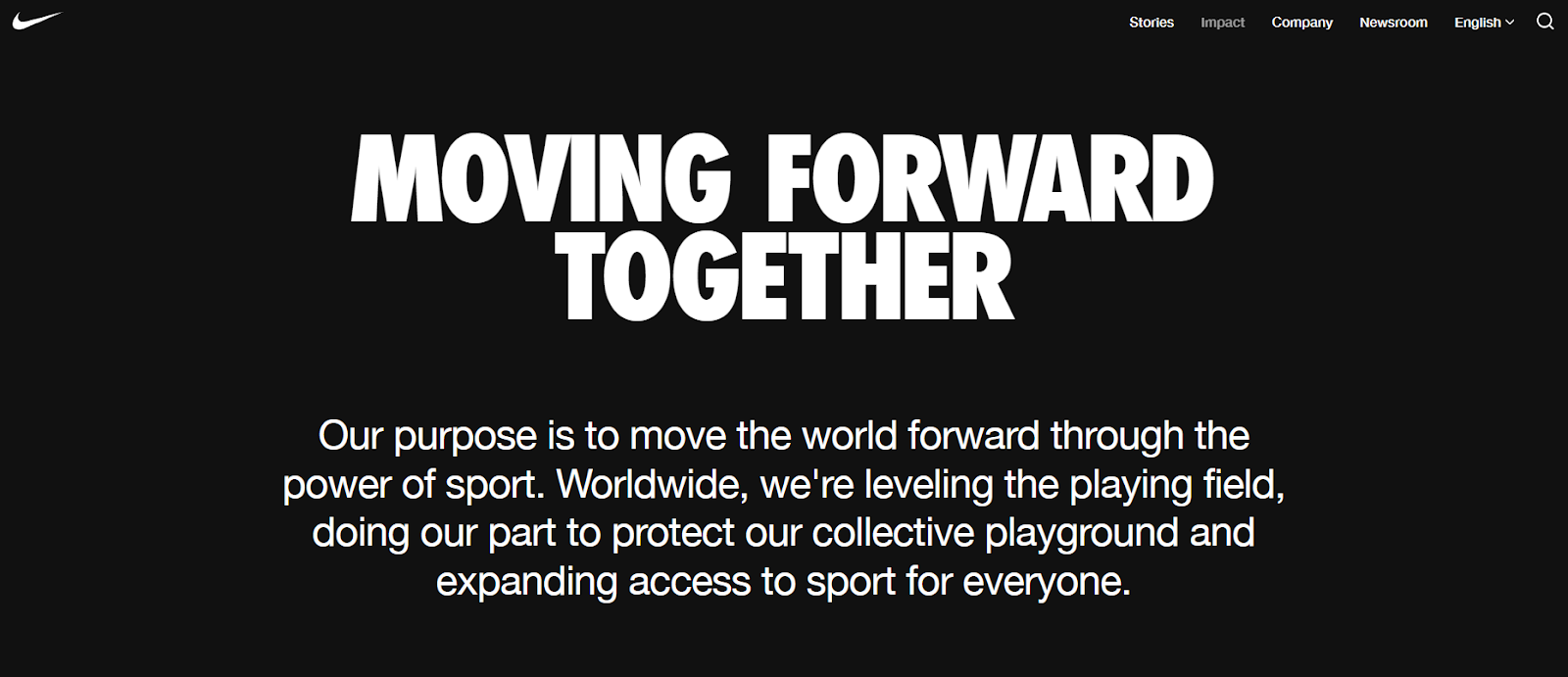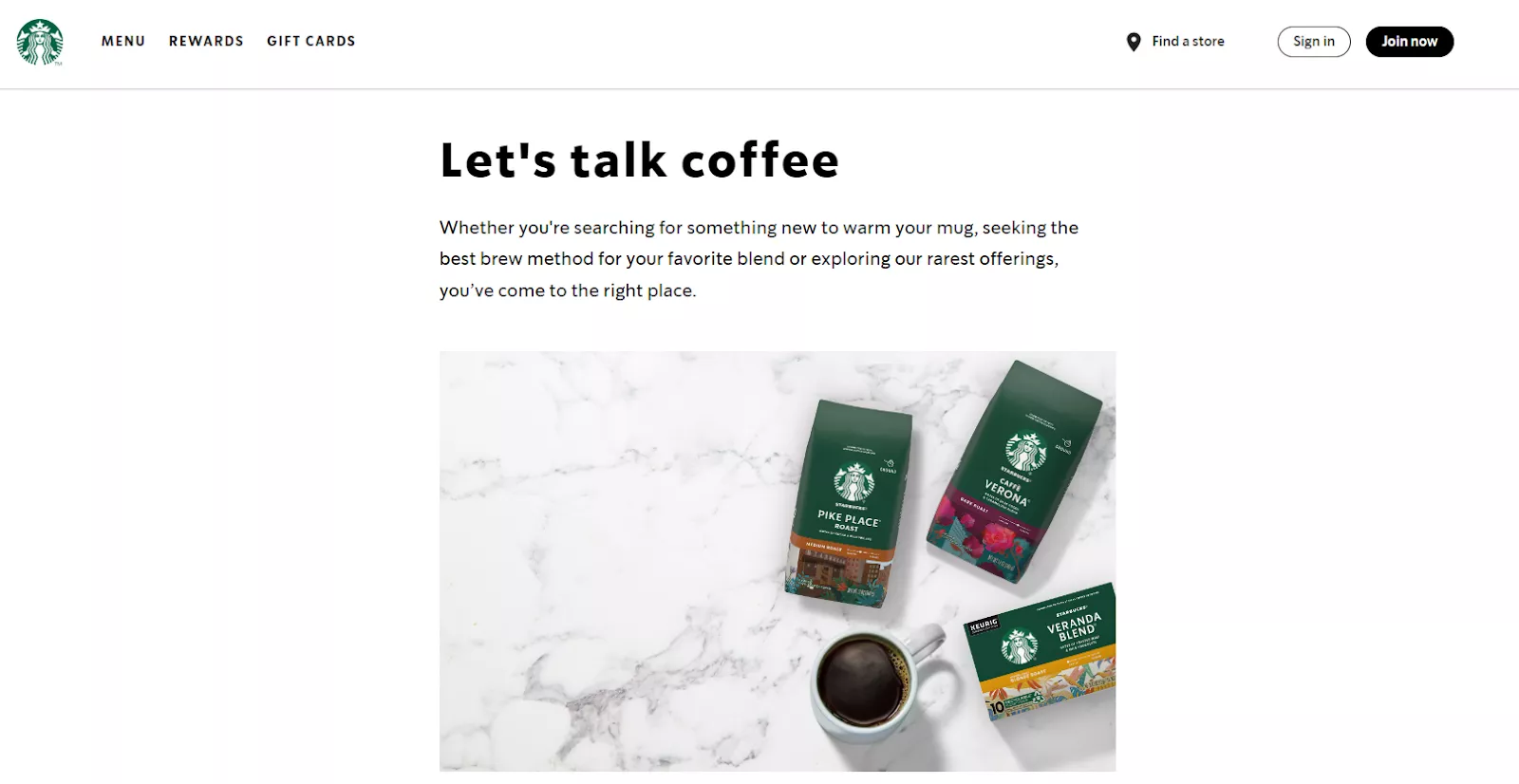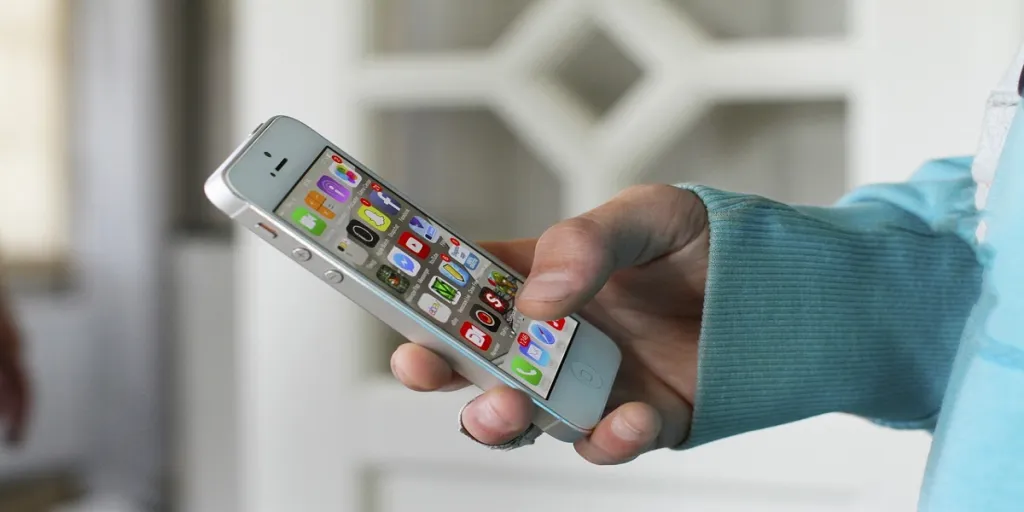Table of Contents
1. What is brand personality?
2. 5 dimensions of brand personality
3. Brand personality examples
4. How to communicate your brand personality
5. FAQ
Brand personality refers to human characteristics attributed to a brand, which help differentiate it from competitors and create a unique identity in the minds of consumers. It encompasses a brand’s traits, attitudes, and values, making it relatable and memorable to its target audience.
A well-defined brand personality is crucial for businesses as it enables them to forge strong emotional connections with customers, foster brand loyalty, and ultimately increase brand equity.
A strong brand personality also helps to humanize a brand, making it more approachable and trustworthy in the eyes of consumers. Moreover, it serves as a guiding principle for all brand communications, ensuring that messaging remains cohesive and authentic across various touchpoints.
This article explores the five primary dimensions of brand personality outlined by social psychologist Jennifer Aaker: sincerity, excitement, competence, sophistication, and ruggedness.
We delve into the characteristics associated with each dimension and provide brand personality examples of well-known brands that effectively leverage these traits. We’ll also review practical tips on how businesses can communicate their brand personality through various channels, including website design, social media, email newsletters, packaging, and PR activities.
By understanding and consistently conveying their brand personality, companies can create a powerful and lasting impression on their target audience, ultimately driving business success.
What is brand personality?
Brand personality is the human characteristics, emotions, and attributes consumers associate with a brand. It encompasses the brand’s core values, tone of voice, and distinct traits that make it unique and recognizable, helping to create a strong emotional connection between the brand and its target audience.
5 dimensions of brand personality
According to social psychologist Jennifer Aaker, brand personality is divided into five dimensions (traits):
- Sincerity: honest, genuine, cheerful, down-to-earth
- Excitement: daring, spirited, imaginative, up-to-date
- Competence: reliable, intelligent, successful, efficient
- Sophistication: glamorous, charming, romantic, upper class
- Ruggedness: outdoorsy, tough, strong, rugged
1. Sincerity
Brands that exhibit sincerity are perceived as honest, genuine, and warm. They prioritize authenticity and strive to build trust with their target audience. By consistently demonstrating these traits, sincere brands foster strong emotional connections with consumers, leading to long-term loyalty and advocacy.
Sincere brands often have the following characteristics:
- Honesty: Transparent about their products, services, and business practices, openly communicate with their customers, and admit their mistakes when necessary
- Genuineness: Staying true to their core values, avoiding insincere marketing tactics, and maintaining authenticity in their interactions with customers and stakeholders
- Warmth: Friendly, approachable, and go above and beyond to ensure customer satisfaction
2. Excitement
Brands that embody excitement are characterized by energy, enthusiasm, and creativity. They constantly seek new ways to engage and delight their audience, creating memorable experiences that leave a lasting impression. Exciting brands often push boundaries and embrace innovation to stay ahead of the curve.
Exciting brands typically exhibit the following traits:
- Energy: Vibrant, dynamic, and have a contagious enthusiasm that inspires and motivates their audience to take action
- Enthusiasm: Genuinely believe in what they offer and are eager to share their excitement with others
- Creativity: Think outside the box and constantly seek new and innovative ways to engage their audience
3. Competence
Brands that exhibit competence are seen as reliable, efficient, and professional. These traits instill confidence and credibility among consumers, assuring them that the brand can deliver on its promises. Brands that embody competence often have the following characteristics:
- Reliability: Consistently providing high-quality products or services that meet or exceed customer expectations
- Efficiency: Streamlining processes and operations ensures timely delivery and optimal resource utilization
- Professionalism: Maintaining a polished and knowledgeable image through expert customer service and industry expertise
- Trustworthiness: Being transparent and honest in all interactions, building trust with consumers over time
- Innovation: Continuously improving offerings and staying at the forefront of industry trends and technological advancements
4. Sophistication
Brands that embody sophistication appeal to consumers who value status, prestige, and refinement. These brands often consider themselves luxurious, elegant, and aspirational, catering to a discerning clientele. Sophisticated brand personalities typically showcase the following traits:
- Elegance: Presenting a polished and graceful image through sleek design, high-quality materials, and attention to detail
- Luxury: Offering premium products or services that provide a sense of indulgence and exclusivity
- Refinement: Demonstrating a keen eye for aesthetics, craftsmanship, and cultural sophistication
- Aspirational: Inspiring consumers to elevate their lifestyles and associate themselves with the brand’s prestigious image
- Timelessness: Maintaining a classic and enduring appeal transcending fleeting trends and fads
5. Ruggedness
Brands that embody ruggedness resonate with consumers who seek authenticity, adventure, and outdoor experiences. These brands often emphasize durability, toughness, and a connection to nature, appealing to individuals who value resilience and self-reliance. Rugged brand personalities typically exhibit the following traits:
- Toughness: Offering products built to withstand harsh conditions and rigorous use
- Durability: Providing long-lasting and reliable gear that can be trusted in challenging environments
- Adventurousness: Encouraging consumers to explore the great outdoors and embrace new experiences
- Authenticity: Staying true to the brand’s roots and values, often focusing on environmental sustainability and social responsibility
- Resilience: Inspiring consumers to overcome obstacles and persevere in adversity
Brand personality examples
Several well-known brands have developed distinct personalities that resonate with their target audiences. These brands have established strong emotional connections with consumers by consistently communicating their unique traits through branding, marketing campaigns, and customer interactions.
Let’s explore how some of these brands exemplify different types of brand personality.
1. Nike

Nike, a global leader in athletic footwear and apparel, has cultivated a powerful brand personality that encompasses all five dimensions. The brand’s personality is deeply rooted in its iconic slogan, “Just Do It,” which embodies the spirit of determination, perseverance, and achievement.
- Sincerity: Nike demonstrates sincerity through its commitment to inspiring and empowering athletes of all levels. The brand’s authentic storytelling, featuring real athletes and their struggles and triumphs, creates a genuine connection with its audience.
- Excitement: Nike’s marketing campaigns are often high-energy, exciting, and emotionally charged. The brand’s association with top athletes and its sponsorship of major sporting events contribute to its exciting personality.
- Competence: Nike’s products are known for superior quality, innovative design, and performance-enhancing features. The brand’s competence is reinforced through its collaborations with expert athletes and its continuous pursuit of technological advancements.
- Sophistication: While Nike primarily focuses on athletic performance, its sleek product designs and collaborations with fashion designers and celebrities also exude a sense of sophistication.
- Ruggedness: Nike’s rugged personality is associated with extreme sports, outdoor activities, and challenging environments. The brand’s “Just Do It” motto encourages individuals to push their limits and embrace their inner strength.
2. Amazon

The global ecommerce giant Amazon has crafted a brand personality that resonates with its diverse customer base. Amazon portrays a blend of sincerity, competence, and excitement through its customer-centric approach, innovative services, and corporate messaging.
- Sincerity: Amazon’s commitment to customer satisfaction and its “customer obsession” philosophy demonstrates its desire to meet and exceed customer expectations. The company’s transparent communication and responsive customer service further reinforce its sincerity.
- Competence: Amazon’s efficient delivery systems, vast product selection, and reliable service showcase its competence. The company’s ability to innovate and introduce new services, such as Amazon Prime and Amazon Web Services, highlight its expertise and industry leadership.
- Excitement: Amazon’s constant innovation and expansion into new markets, such as streaming services and smart home devices, generate excitement among its customers. The company’s annual Prime Day event and exclusive product launches create a sense of anticipation and enthusiasm.
3. Starbucks

The global coffee chain Starbucks has cultivated a brand personality that embodies sophistication and excitement. Through its premium coffee offerings, inviting atmosphere, and social responsibility initiatives, Starbucks has become synonymous with a refined and engaging coffee experience.
- Sophistication: Starbucks’ carefully crafted coffee blends, artisanal food offerings, and upscale store design contribute to its sophisticated brand image. The company’s attention to detail, from the presentation of its beverages to the ambiance of its stores, reflects a refined and cultured brand personality.
- Excitement: Starbucks generates excitement among its customers through seasonal product launches, limited-edition beverages, and engaging social media campaigns. The company’s ability to create buzz around its offerings and foster a sense of community among its customers adds to its exciting brand personality.
- Sincerity: Starbucks’ commitment to ethical sourcing, environmental sustainability, and community involvement demonstrates its sincerity. The company’s efforts to support coffee farmers, reduce waste, and engage in social causes align with its values and contribute to its authentic brand personality.
How to communicate your brand personality
Communicating your brand personality is crucial to building a strong brand identity. It helps your audience connect with your brand on an emotional level, fostering loyalty and trust. By consistently conveying your brand personality traits and values across various touchpoints, you can shape how your audience perceives and interacts with your brand.
How you communicate your brand personality can significantly influence your audience’s perception of your brand. A well-defined and consistently communicated brand personality can differentiate you from competitors, create a memorable brand experience, and attract customers who align with your brand’s values and traits.
1. Website design and content
Your website is often the first point of contact between your brand and your audience, making it a critical platform for communicating your brand personality. Your website’s design elements and content should reflect your brand’s unique traits and values.
To incorporate your brand personality into your website, consider the following tips:
- Choose a color scheme that aligns with your brand’s personality: For example, bold and vibrant colors convey excitement and energy, while muted and sophisticated colors communicate elegance and refinement
- Select typography that reflects your brand’s personality: Clean and modern fonts can suggest innovation and competence, while handwritten or script fonts evoke creativity and authenticity
- Use imagery and graphics that resonate with your brand’s personality: Visuals can powerfully communicate your brand personality traits, such as using adventurous and rugged imagery for an outdoorsy brand or sleek and minimalist designs for a sophisticated brand
- Craft website copy that embodies your brand’s tone of voice: For instance, a friendly and approachable brand might use conversational and relatable language, while a luxurious brand might employ more formal and refined language
2. Social media
Social media is crucial in extending and reinforcing a brand’s personality. Businesses can foster deeper connections and loyalty by creating content that aligns with the brand values and resonates with the target audience. When crafting social media posts, consider the following tips:
- Use a consistent tone of voice that reflects your brand’s personality traits
- Share content that showcases your brand’s values and mission
- Engage with your audience by responding to comments and messages that align with your brand’s personality
- Maintain visual consistency across all social media platforms using a cohesive color scheme, typography, and imagery
3. Email newsletters
Email newsletters provide an excellent opportunity to communicate your brand’s personality to your subscribers directly. By crafting personalized, engaging content that reflects your brand’s tone and values, you can enhance brand perception and foster long-lasting relationships with your audience. Consider the following suggestions when creating email newsletters:
- Use a subject line and preview text that captures your brand’s personality and entices readers to open the email
- Incorporate your brand’s colors, typography, and imagery into the email design to maintain visual consistency
- Write copy that reflects your brand’s tone of voice and values while providing value to your subscribers
- Segment your email list to deliver targeted, relevant content that resonates with specific audience groups
4. Packaging and branding materials
Packaging and branding materials are crucial in conveying brand personality to consumers. The design elements, colors, fonts, and messaging used on product packaging, business cards, brochures, and other promotional items should consistently reflect the brand’s unique traits and values.
To maintain consistency, develop a comprehensive brand style guide that outlines specific guidelines for all visual and written elements.
For example, Apple’s minimalist packaging design and sleek product brochures communicate the brand’s sophistication and innovation. Similarly, Coca-Cola’s vibrant red color and iconic script logo consistently convey the brand’s excitement and happiness across various materials.
5. PR activities and events
PR activities and events offer valuable opportunities to shape brand perception and showcase brand personality.
When crafting press releases, interacting with media, or sponsoring events, it’s essential to incorporate the brand’s unique voice, tone, and messaging. This helps to reinforce the brand’s personality and create a cohesive brand experience for consumers.
To maintain authenticity and consistency in brand representation, ensure that all PR communications and event themes align with the brand’s core values and personality traits.
Red Bull’s sponsorship of extreme sports events and adrenaline-fueled marketing stunts perfectly aligns with the brand’s exciting and adventurous personality. By staying true to its brand identity, Red Bull effectively reinforces its unique personality through PR activities and events.
FAQ
What is brand personality vs business personality?
Brand personality is rooted in a brand’s traits and characteristics, giving it a distinct identity.
Business personality is the unique traits and values that define the company behind the brand.
It is common for the brand and business personalities to align closely and even be considered the same.
What is brand personality vs marketing personality?
Brand personality is a brand’s values, traits, and tone of voice.
Marketing personality is the specific traits and characteristics conveyed through various marketing communications.
The marketing personality must align with the broader brand personality to build brand recognition and foster deeper connections with the target audience.
Source from Omnisend
Disclaimer: The information set forth above is provided by omnisend.com independently of Alibaba.com. Alibaba.com makes no representation and warranties as to the quality and reliability of the seller and products.








